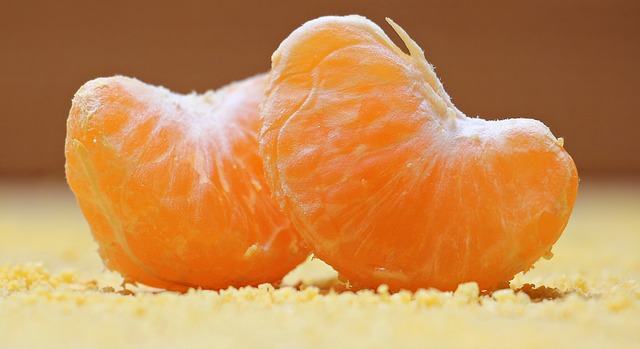Master Your Microbiome: How Probiotics Can Help You Achieve Optimal Health
Our body consists of various microorganisms, and our gut alone contains trillions of bacteria. While some of these bacteria are harmful, many beneficial ones help in digestion, immunity, and overall well-being.
Probiotics are live bacteria and yeasts that are good for the body, particularly the digestive system. These microorganisms help restore the balance of gut bacteria, which can be disrupted by poor diet, stress, medication, and illness.
Benefits of Probiotics
Here are some reasons why you should consider taking probiotics:
- Improved Digestion: Probiotics help break down food and absorb nutrients. They also help alleviate symptoms of digestive disorders such as bloating, constipation, and diarrhea.
- Stronger Immunity: A healthy gut means a healthy immune system. Probiotics stimulate the production of antibodies and enhance the activity of immune cells.
- Better Mood: The gut is often referred to as the second brain, as it produces neurotransmitters that regulate mood and behavior. Probiotics can improve symptoms of depression, anxiety, and stress.
- Lower Risk of Chronic Diseases: Probiotics may reduce the risk of conditions such as diabetes, obesity, and heart disease by regulating inflammation and metabolism.
- Healthier Skin: The gut and skin are closely linked, and probiotics can improve skin conditions such as acne, eczema, and rosacea.
Sources of Probiotics
Probiotics occur naturally in certain foods, or you can take them in the form of supplements. Some common sources of probiotics include:
- Yogurt: Look for yogurt that contains live and active cultures, which are strains of probiotics.
- Kefir: Kefir is a fermented drink that contains cow’s milk or goat’s milk and various strains of probiotics.
- Sauerkraut: Sauerkraut is made by fermenting cabbage and salt. It contains various strains of probiotics and is a good source of vitamin C.
- Kombucha: Kombucha is a fermented tea that contains various strains of probiotics and antioxidants.
- Kimchi: Kimchi is a Korean dish made of fermented vegetables such as cabbage and radish. It is a good source of probiotics, fiber, and vitamins A and C.
Choosing the Right Probiotic Supplement
If you’re unable to get enough probiotics from your diet, you can take them in the form of a supplement. Here are some factors to consider when choosing a probiotic supplement:
- Strain: Look for a supplement that contains the most effective strains of probiotics, such as Lactobacillus and Bifidobacterium.
- CFU: CFU (Colony Forming Units) refers to the number of live bacteria in a supplement. Look for a supplement with at least 10 billion CFU.
- Expiration Date: Make sure the supplement is not expired, as this can render the probiotics ineffective.
- Clinical Evidence: Look for a supplement that has been clinically tested for efficacy and safety.
- Quality: Choose a supplement from a reputable manufacturer that adheres to quality standards.
Conclusion
Probiotics are an easy and natural way to improve your gut health and overall well-being. Whether you get them from food or supplements, make sure you choose the right strains and doses for optimal results. With the right balance of gut bacteria, you can master your microbiome and achieve optimal health.







